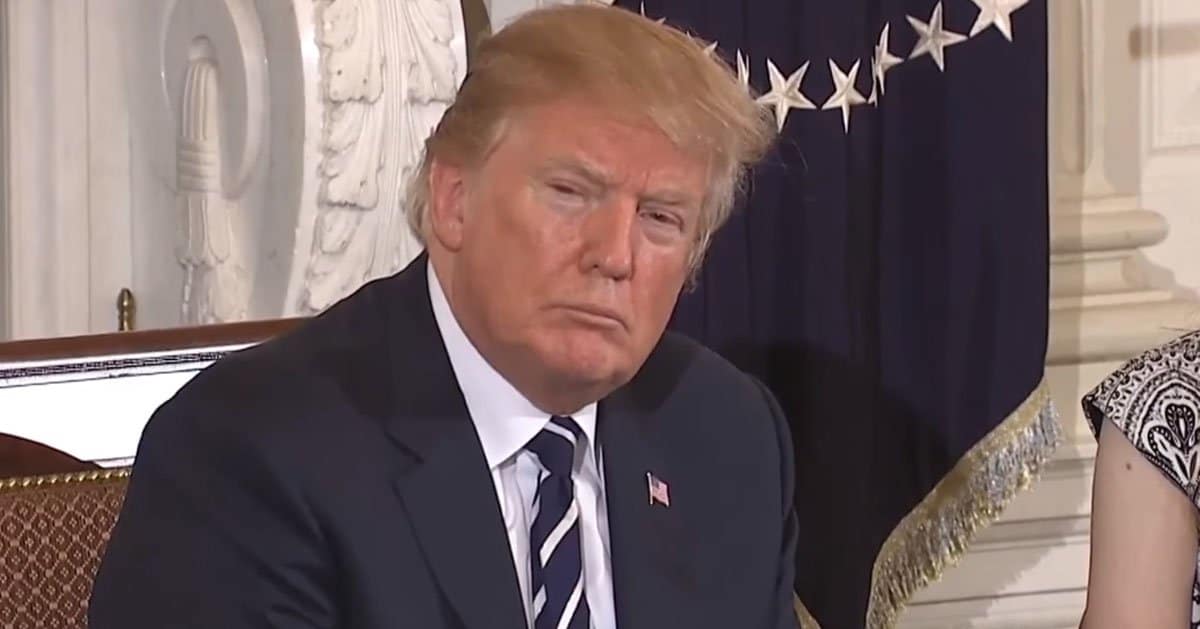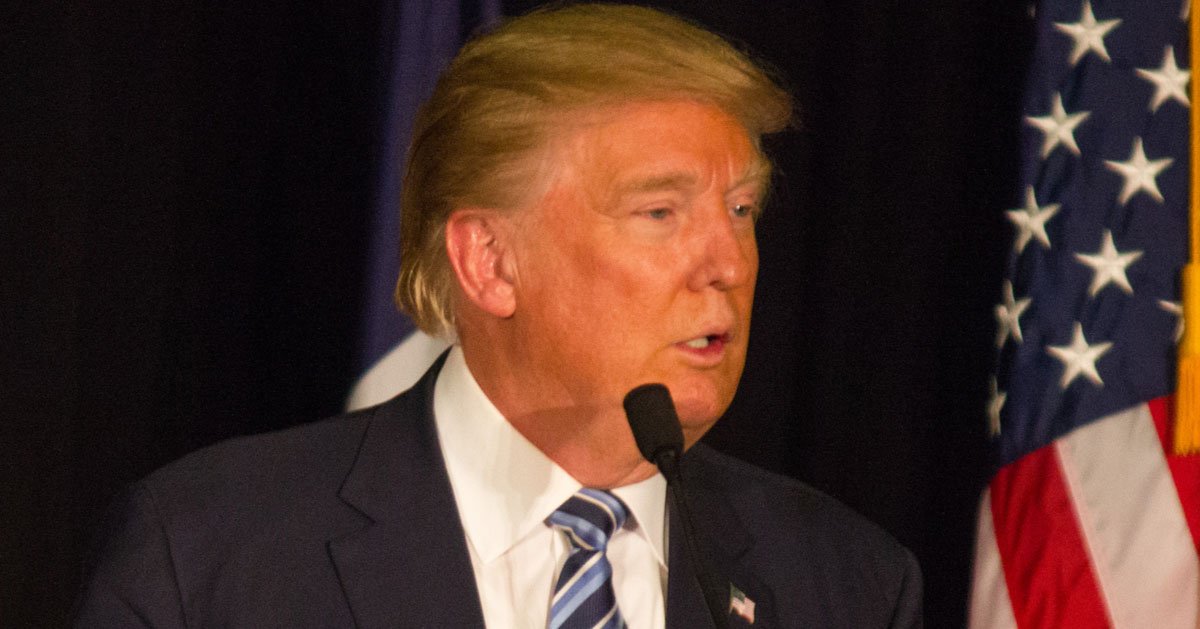








Gunfire tore through Minneapolis, leaving a trail of death and despair.
Fox 9 reported that over 13 hours on August 26-27, 2025, three separate shootings claimed three lives and injured eight others across the city. Police are scrambling to determine if these violent acts are linked. No arrests have been made, leaving communities on edge.
The carnage began Tuesday afternoon on the 2900 block of Clinton Avenue, where a gunman unleashed a barrage from a high-velocity .223 rifle.
One person was killed, and six others were wounded, with two victims found at the scene and five more nearby. The sheer firepower, with up to 30 shots fired, rattled a neighborhood where Cristo Rey Jesuit High School was in session across the street.
Three of the Clinton Avenue victims were critically injured, though all are expected to survive. The audacity of such violence in broad daylight speaks to a brazen disregard for public safety. One wonders if progressive leniency on crime has emboldened such reckless acts.
Later that evening, around 8 p.m., the Whittier neighborhood near 27th Street and 3rd Avenue South became the next battleground.
A man in his 20s was gunned down outside an apartment building, and another man, also in his 20s, sustained non-life-threatening injuries. The wounded man was dropped off at Abbott Northwestern Hospital shortly after.
Chief Brian O'Hara called the violence "deeply unsettling," noting eight injuries and three deaths across the spree. His words ring hollow when soft-on-crime policies often leave police fighting with one hand tied. Minneapolis deserves better than platitudes while bullets fly.
The Whittier shooting underscores a city struggling to maintain order. A man killed in his prime, another wounded, and no suspects in custody—residents are left questioning who’s protecting them. The proximity to Interstate 35W only amplifies the sense of vulnerability.
Early Wednesday morning, around 2:08 a.m., downtown Minneapolis joined the grim tally near North 8th Street and Hennepin Avenue.
A gunman opened fire at close range on a group gathered on the sidewalk, killing one man and injuring another. The shooter fled on foot, leaving chaos near popular spots like The Capitol Grill and the Orpheum Theater.
The downtown victim was part of a social gathering, gunned down without warning. The injured man was dropped off at Hennepin Healthcare minutes later. This brazen attack in a bustling area suggests criminals fear no consequences.
By 7 a.m. On Wednesday, a heavy police presence lingered at the downtown scene, where grieving relatives of the victim gathered. No arrests have been made, and the lack of answers fuels distrust in a system that seems to prioritize ideology over accountability. Minneapolis residents deserve leadership that confronts crime head-on.
O'Hara described the Clinton Avenue incident as a "deeply troubling act of violence." Yet, troubling feels like an understatement when a high-powered rifle sprays 30 rounds in a residential area. The community needs action, not adjectives, to restore safety.
The police chief also decried the "level of firepower unleashed in broad daylight" as "completely sickening." His outrage is justified, but it’s hard to ignore how progressive policies often hamstring law enforcement’s ability to deter such chaos. Words won’t stop bullets; decisive measures might.
Investigators are probing whether the three shootings are connected, a question that hangs heavy over Minneapolis. The lack of arrests suggests a deeper issue—perhaps a justice system too focused on reform over results. Communities crave clarity and consequences, not endless investigations.
The Minneapolis Police Department is working to uncover the circumstances behind each shooting. But with no suspects in custody, residents are left wondering if justice will ever be served. A city gripped by fear needs more than promises—it needs protection.



